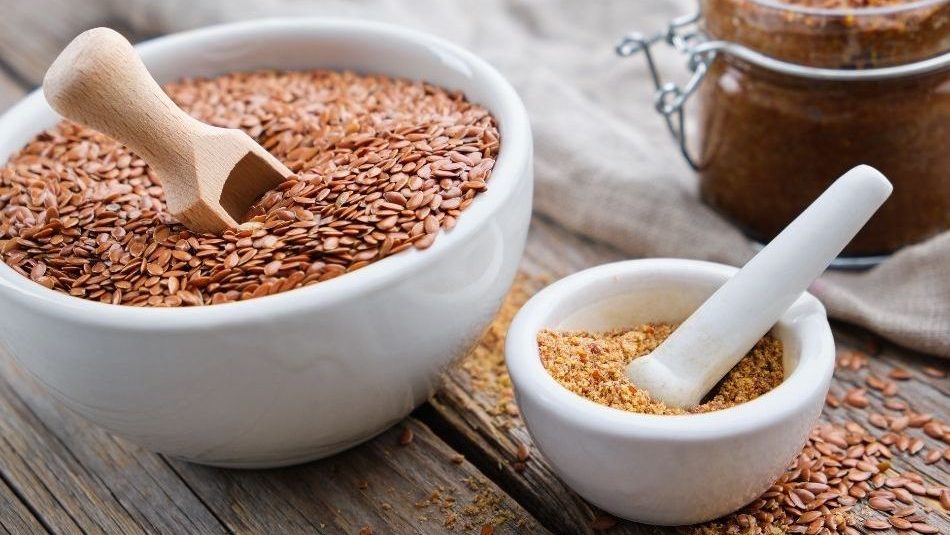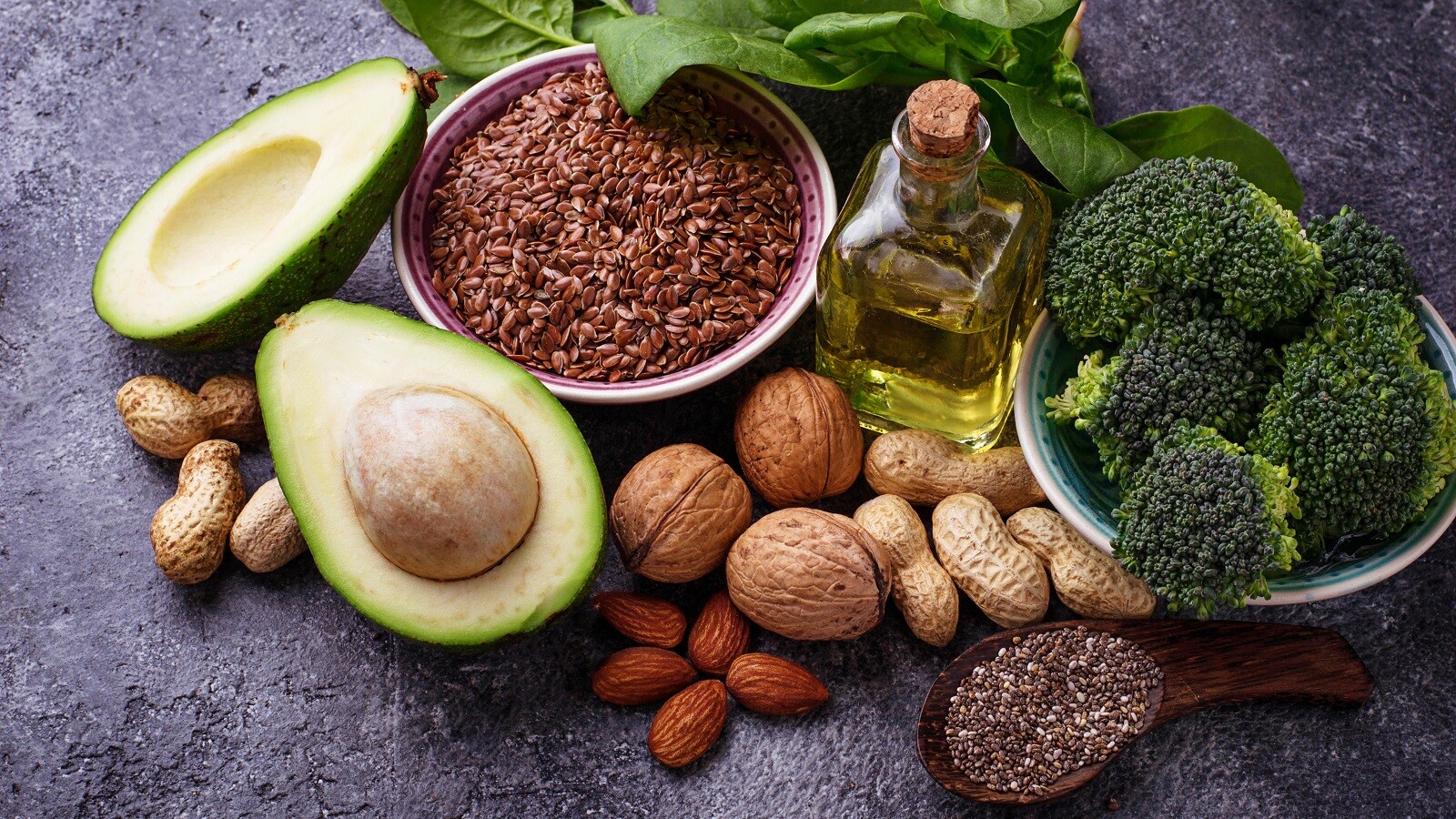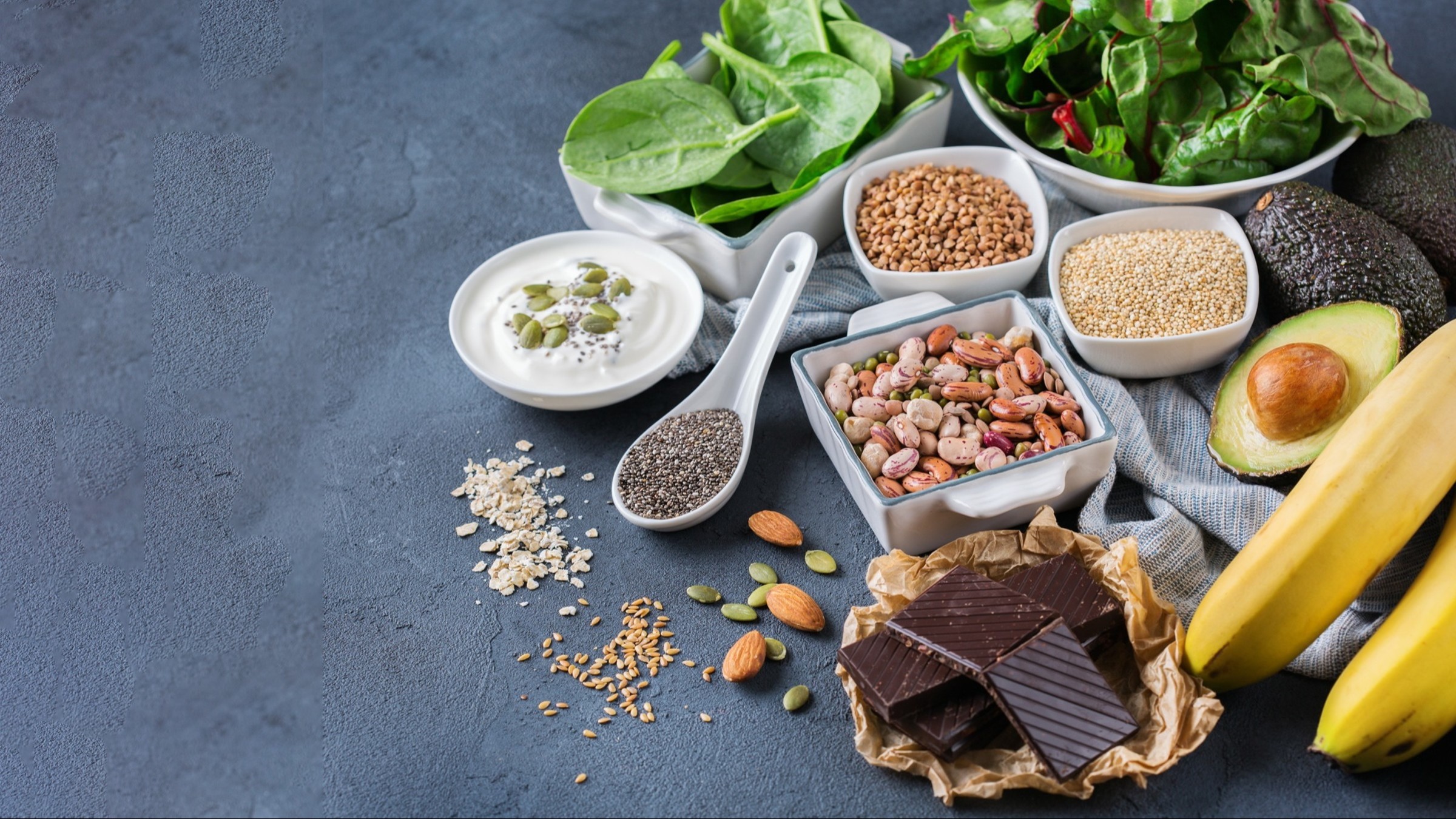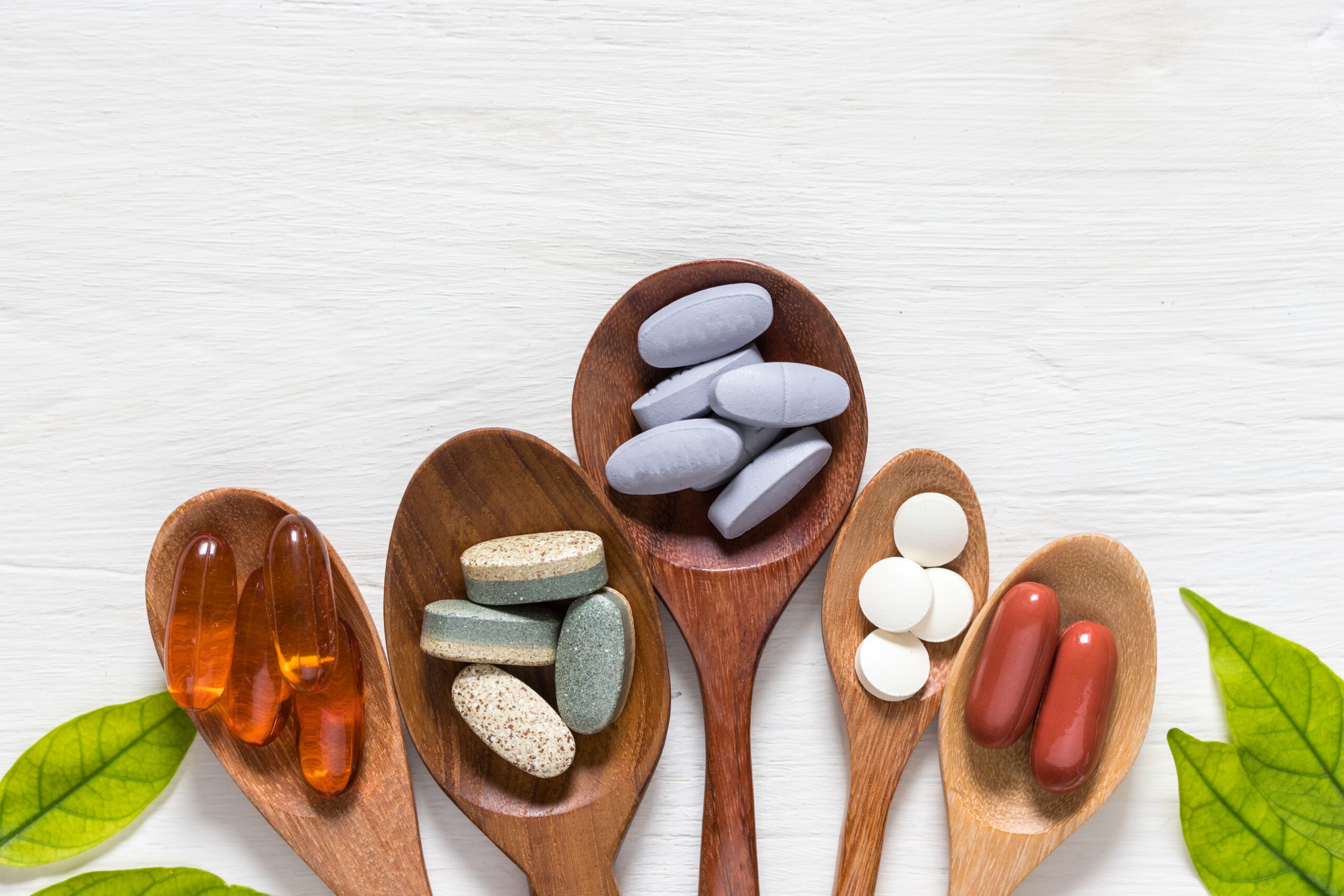Polycystic Ovary Syndrome (PCOS) is one of the most prevalent hormonal disorders affecting women during their reproductive years. Hormonal imbalances, irregular menstrual cycles, and small cysts on the ovaries characterize it. Although the precise cause of PCOS remains unclear, it is associated with factors such as insulin resistance, inflammation, and genetic factors. Discover 15 natural remedies for PCOS to balance hormones, improve fertility, and manage symptoms naturally with diet, supplements, and lifestyle changes.
PCOS can affect a woman’s physical health, mental health, and emotional well-being, often resulting in symptoms like weight gain, acne, excessive hair growth, and difficulties with fertility. Thankfully, effective treatment options are available, ranging from lifestyle modifications and natural remedies to medical treatments. This detailed guide explores the causes, symptoms, treatment options, 15 natural remedies, and lifestyle adjustments that can assist in managing PCOS. Explore effective natural remedies to help manage PCOS symptoms and promote hormonal balance. Learn more about holistic solutions for PCOS relief
What is PCOS?
PCOS is a hormonal condition that impacts the ovaries‘ proper functioning. It happens when the ovaries generate elevated levels of androgens (male hormones), leading to cysts on the ovaries. These cysts are sacs filled with fluid that arise due to unsuccessful ovulation.
Causes of PCOS
The exact cause of PCOS is still unknown, but several factors contribute to its development:
- Insulin resistance: When the body’s cells become resistant to insulin, blood sugar levels rise, prompting the body to produce more insulin. High insulin levels can increase androgen production, leading to PCOS symptoms.
- Hormonal imbalance: Excessive production of androgens disrupts the normal functioning of the ovaries.
- Genetics: PCOS tends to run in families, suggesting a genetic component.
- Inflammation: Chronic low-grade inflammation can stimulate the ovaries to produce excess androgens.
Symptoms of PCOS
Symptoms of PCOS can vary from person to person, but the most common signs include:
- Irregular periods: Missed or irregular menstrual cycles are a hallmark sign of PCOS.
- Excessive hair growth: Also known as hirsutism, this occurs on the face, chest, and back.
- Acne: Hormonal imbalance can lead to persistent acne, especially on the face, chest, and upper back.
- Weight gain: Many women with PCOS struggle with weight gain, particularly around the abdomen.
- Thinning hair: Hair loss or thinning on the scalp is a symptom of PCOS.
- Skin darkening: Dark patches of skin, especially around the neck, underarms, and groin, may develop.
- Infertility: Irregular ovulation or the absence of ovulation makes it challenging to conceive.
Medical Treatments for PCOS
Treatment for PCOS focuses on managing symptoms, regulating menstrual cycles, and improving fertility. Common medical treatments include:
- Medications to regulate periods: Birth control pills, patches, or vaginal rings are prescribed to restore hormone balance.
- Fertility treatments: For women trying to conceive, medications like Clomiphene and Letrozole stimulate ovulation.
- Insulin-sensitizing drugs: Metformin improves insulin sensitivity and lowers androgen production.
- Anti-androgen medications: These medications reduce male hormone levels to manage symptoms like excessive hair growth and acne.
15 Natural Remedies for PCOS
Natural remedies can support hormonal balance, improve symptoms, and promote overall health. Here are 15 evidence-based natural remedies to manage PCOS:
Spearmint Tea
How it works: Spearmint tea is recognized for its ability to balance hormones, especially its effectiveness in lowering androgen levels. This can be advantageous for those facing issues related to hormonal imbalance, including excessive hair growth (hirsutism), acne, or oily skin. The natural elements found in spearmint reduce androgens’ production, thus helping to ease these symptoms.
How to use:
- To experience its benefits, drink 1-2 cups of spearmint tea daily.
- Stepping fresh spearmint leaves in hot water for 5-10 minutes or using pre-packaged tea bags.
Cinnamon

How it works: Cinnamon contains various bioactive compounds that improve insulin sensitivity, facilitating the body’s ability to handle glucose. This can assist in regulating menstrual cycles and may also contribute to weight management, which is crucial for individuals managing PCOS. Additionally, the spice possesses anti-inflammatory characteristics that can promote overall well-being.
How to use:
- Incorporate cinnamon into your diet by adding 1 teaspoon of cinnamon powder to your meals, such as oatmeal, smoothies, or tea, to boost flavor and health benefits.
Apple Cider Vinegar (ACV)

How it works: ACV is well-known for its capacity to reduce blood sugar and insulin levels, which supports enhanced hormonal balance. Enhancing insulin sensitivity may assist in addressing the symptoms linked to conditions such as PCOS. Furthermore, its acetic acid might promote weight loss and improve digestion.
How to use:
- Mix 1-2 tablespoons of apple cider vinegar with a glass of water and drink this mixture before meals to maximize its effects on your blood sugar levels.
Flaxseeds

How it works: Flaxseeds are abundant in lignans and omega-3 fatty acids, which may assist in lowering androgen levels and fostering hormone balance. They also provide a good amount of fiber, promoting digestion and helping to sustain a healthy weight. The omega-3 fatty acids in flaxseeds are recognized for their anti-inflammatory properties, which might further aid hormone regulation.
How to use:
- To incorporate flaxseeds into your diet, add 1-2 tablespoons of ground flaxseeds to smoothies, oatmeal, yogurt, or salads to enhance both flavor and nutritional content.
Omega-3 Fatty Acids

How it works: Omega-3 fatty acids are crucial fats that help decrease inflammation and enhance insulin sensitivity. They can also help regulate hormones and alleviate menstrual discomfort. Boosting your omega-3 consumption may improve general health and help lessen the symptoms of PCOS.
How to use:
- Consume chia seeds, walnuts, flaxseeds, and fatty fish like salmon to include sources of omega-3s in your diet. Alternatively, consider taking high-quality fish oil supplements.
Magnesium-Rich Foods

How it works: Magnesium is essential in many bodily functions, such as managing insulin sensitivity and alleviating stress. Sufficient magnesium consumption is linked to enhanced mood and decreased symptoms connected to hormonal changes.
How to use:
- Enhance your diet by incorporating magnesium-rich foods like dark leafy greens (like spinach), almonds, avocados, and dark chocolate. Aim to include these foods regularly to support your hormone health.
Fenugreek
:max_bytes(150000):strip_icc()/VWH-GettyImages-1027615916-02537bde49684147a0698f6c83ed1f86.jpg)
How it works: Fenugreek seeds improve insulin sensitivity, providing considerable advantages for individuals with PCOS. Furthermore, fenugreek may assist in promoting regular ovulation, rendering it a beneficial herb for reproductive wellness.
How to use:
- For best results, soak fenugreek seeds overnight and consume them on an empty stomach in the morning.
- You can also add them to your meals after soaking.
Vitamin D

How it works: Vitamin D plays a crucial role in sustaining hormonal balance, and a lack of it is frequently associated with PCOS. Additionally, it may aid in enhancing insulin sensitivity and decreasing inflammation, both essential for managing symptoms.
How to use:
- To boost your vitamin D levels, spend time outdoors in sunlight and include vitamin D-rich foods, such as mushrooms, fortified dairy alternatives, and fatty fish.
- Consider taking supplements, if needed, after consulting with a healthcare professional.
Zinc

How it works: Zinc is a vital mineral that helps maintain skin health, reduces androgen levels, and reduces excessive hair growth. Additionally, it supports immune function and promotes overall hormonal balance.
How to use:
- Include zinc-rich foods in your diet, such as nuts, seeds (especially pumpkin seeds), whole grains, legumes, and dairy products to ensure adequate intake.
Exercise

How it works: Consistent physical activity is essential for controlling insulin resistance and sustaining a healthy weight. Additionally, exercising can improve mood and general well-being, contributing to hormonal balance.
How to use:
- Aim to incorporate a mix of strength training, cardiovascular exercise, and flexibility practices like yoga into your weekly routine, targeting at least 3-4 sessions per week.
Weight Loss

How it works: Research indicates that shedding just a small portion of body weight (5-10%) can help restore abnormal menstrual cycles and reduce symptoms associated with PCOS. Additionally, losing weight can enhance insulin sensitivity and hormone levels, leading to better health results.
How to use:
- Focus on a balanced, calorie-controlled diet that includes a variety of whole foods alongside a consistent exercise routine to achieve and maintain a healthy weight.
Avoid Refined Carbohydrates

How it works: Highly processed carbohydrates can cause quick increases in blood sugar levels, which can worsen insulin resistance and aggravate the symptoms of PCOS. Cutting back on these foods can result in steadier blood sugar and improved health.
How to use:
- Make it a point to avoid processed foods such as white bread and sugary snacks.
- Instead, choose whole grains like quinoa, brown rice, and whole-grain bread as healthier alternatives.
Herbal Supplements (like Inositol)

How it works: Inositol is a naturally found substance associated with enhanced insulin sensitivity and ovulation. It could assist in regulating menstrual cycles and promoting ovarian health, which makes it advantageous for those with PCOS.
How to use:
- Consult a healthcare provider for specific dosage recommendations and consider incorporating an inositol supplement into your daily routine as advised.
Limit Dairy and Sugar

How it works: Eating large quantities of dairy and sugar can elevate insulin levels, which may exacerbate symptoms of PCOS. Cutting back on these foods can enhance hormone regulation and improve overall well-being.
How to use:
- Replace dairy products with plant-based alternatives, such as almond milk or coconut yogurt, and aim to reduce your overall sugar intake by choosing whole, unprocessed foods.
Herbal Adaptogens (like Ashwagandha)
:max_bytes(150000):strip_icc()/what-are-adaptogens-4685073-inline-0ebcda0c841e4c33b1112d9c95daebff.jpg)
How it works: Herbs categorized as adaptogens, such as ashwagandha, are recognized for alleviating stress. Reducing cortisol levels may assist in normalizing overall hormone production, which can be especially beneficial for individuals facing the impacts of stress on their hormonal well-being.
How to use:
- You can take ashwagandha supplements or brew it as a tea, following dosage recommendations provided by your healthcare provider for optimal benefits.
Lifestyle Changes to Manage PCOS
- Healthy diet: Prioritize whole foods, healthy fats, lean proteins, and fiber-rich foods.
- Regular exercise: Stay active with cardio, strength training, and yoga.
- Manage stress: Practice meditation, mindfulness, and relaxation techniques.
- Sleep hygiene: Aim for 7-9 hours of quality sleep each night.
Conclusion
Learn about the power of natural remedies in managing PCOS. Find out how diet, herbs, and lifestyle changes can improve your well-being. PCOS is a multifaceted issue that necessitates a comprehensive treatment strategy. However, pharmacological options, such as natural treatments, lifestyle modifications, and nutritional changes, are available, which can significantly aid in achieving hormonal equilibrium. By integrating these methods, women with PCOS can alleviate symptoms, boost fertility, and improve their overall well-being.
FAQs
Q. Can PCOS be cured naturally?
A. PCOS cannot be “cured,” but it can be managed naturally through lifestyle changes, herbal remedies, and dietary adjustments.
Q. How can I lose weight with PCOS?
A. Weight loss can be achieved by following a balanced diet, reducing sugar intake, and exercising regularly.
Q. Does PCOS cause infertility?
A. PCOS can make it harder to conceive, but fertility treatments can help women with PCOS achieve pregnancy.


